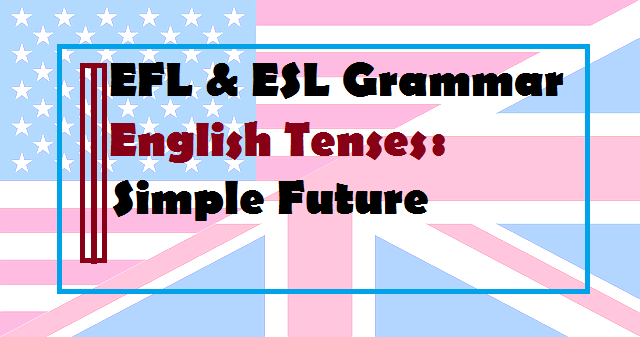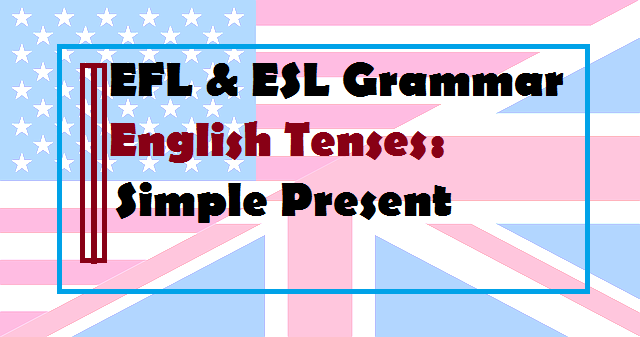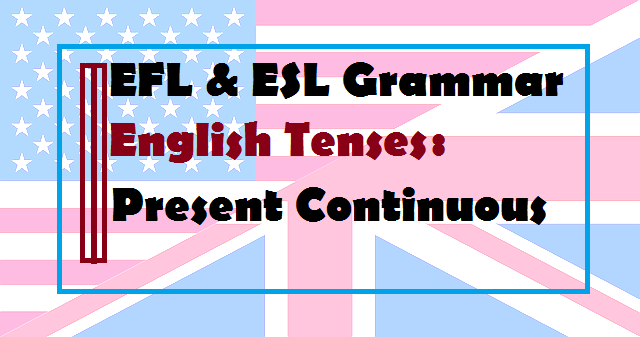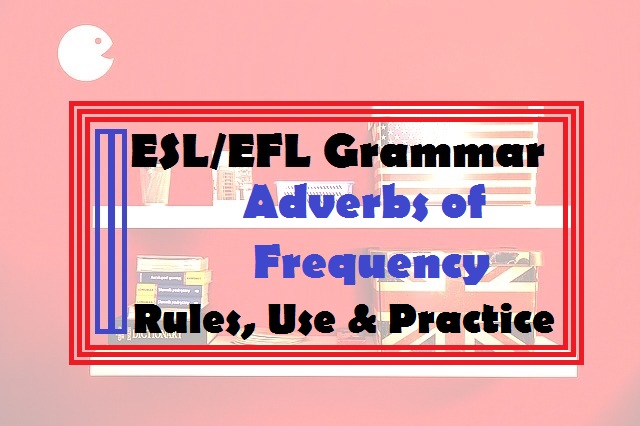EFL/ESL Grammar: English tenses
How to use the simple future tense in English
What is the simple future?
The simple future tense in English is used to talk about actions that will happen at a certain point of time in the future. We use many time expressions to indicate this tense such as: next week, tomorrow, three days later, one hour later, during the next week… etc. In English, there are two forms used to express the future. These are: (be going to/will).

Examples:
- I will travel to New York next week.
- He will go
- I’m going to visit my grandmother tomorrow.
- She is going to go to the beach next Saturday.
As you see here, there are two forms we use to talk about the future. So what is the difference?
The use of the simple future (be going to):
“Be going to” is used to talk about planned actions, things that are already decided to be done.
The grammatical structure of the simple future tense with “be going to”:
| Subject + (am/is/are)+ going to + verb (infinitive) |
The short form:
- I’m not going to (I’m gonna)
- She isn’t going to (she gonna)
The forms of the simple future tense:
the Affirmative form of simple future |
| I’m going to go You are going to go He is going to go She is going to go It is going to go We are going to go You are going to go They are going to go |
The negative form of simple future |
| I’m not going to go You are not going to go He is not going to go She is not going to go It is not going to go We are not going to go You are not going to go They are not going to go |
The interrogative form of simple future |
| Am I going to go? Are you going to go? Is he going to go? Is she going to go? Is it going to go? Are we going to go? Are you going to go? Are they going to go? |
Unlike “be going to”, “Will” has several uses.
- It is used to talk about predictions, things we aren’t sure they will happen in the future.
Ex: It will rain tomorrow
- It is used to talk about scheduled events.
Ex: The basketball match will start at 3:00 p.m.
- It is used to express promise.
Ex: I will take you to the cinema, if you finish your homework.
- It is used to express offers.
Ex: I will make bring you something to eat.
The grammatical form of the simple future tense with “will”:
| Subject + will + verb (infinitive) |
The short form
- I’ll (I will).
- I won’t (I will not).
Let’s see the verb “talk” in the future
The forms of future simple tense
Affirmative form |
| I will talk You will talk He will talk She will talk We will talk You will talk They will talk |
Negative form |
| I will not talk You will not talk He will not talk She will not talk We will not talk You will not talk They will not talk |
Interrogative form |
| Will I talk? Will you talk? Will he talk? Will she talk? Will we talk? Will you talk? Will they talk? |
More Examples:
- I’m going to visit Turkey next month.
- She is going to study chemistry at the university.
- They are going to travel to Mexico for business.
- I will take you to the theater of you keep silent.
- He said he will help.
- I think It will rain
Take Quiz
Check your understanding here....








